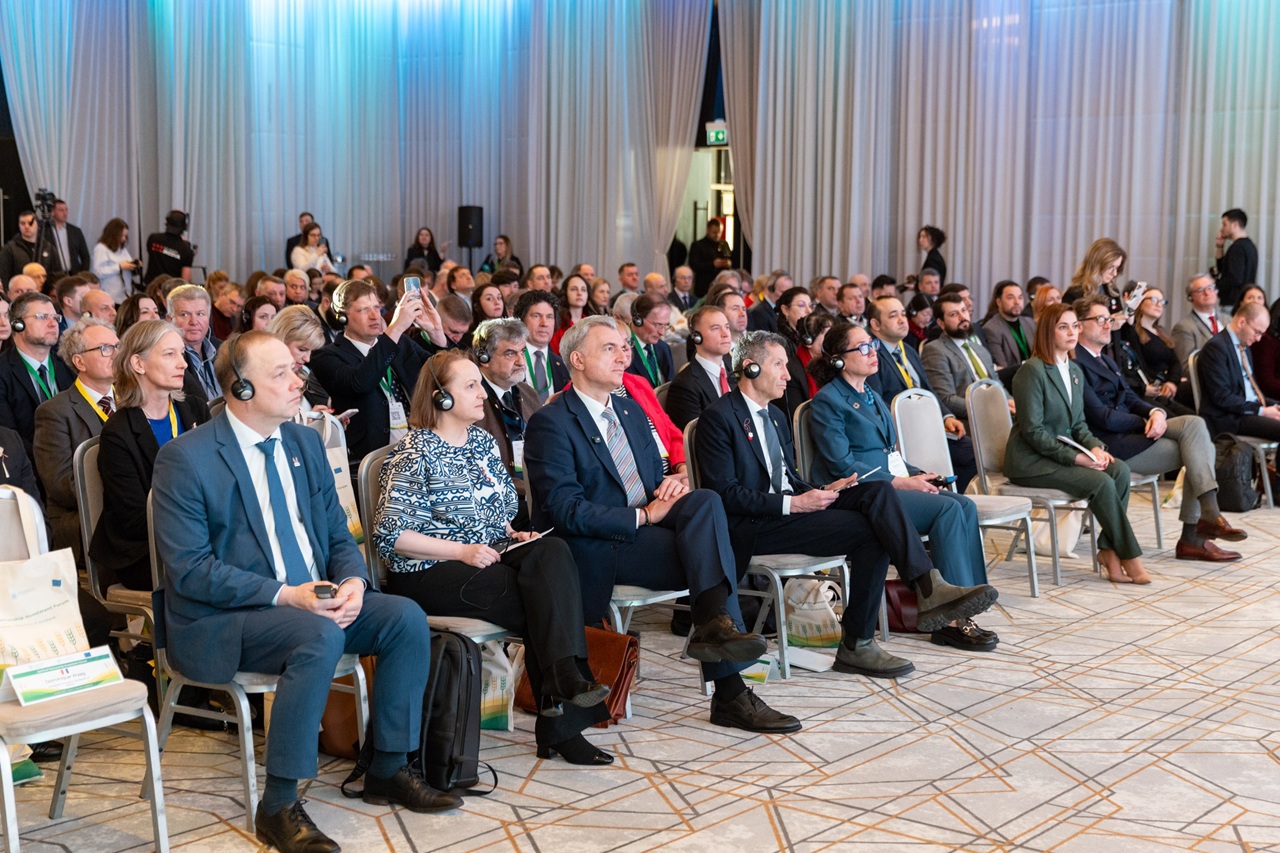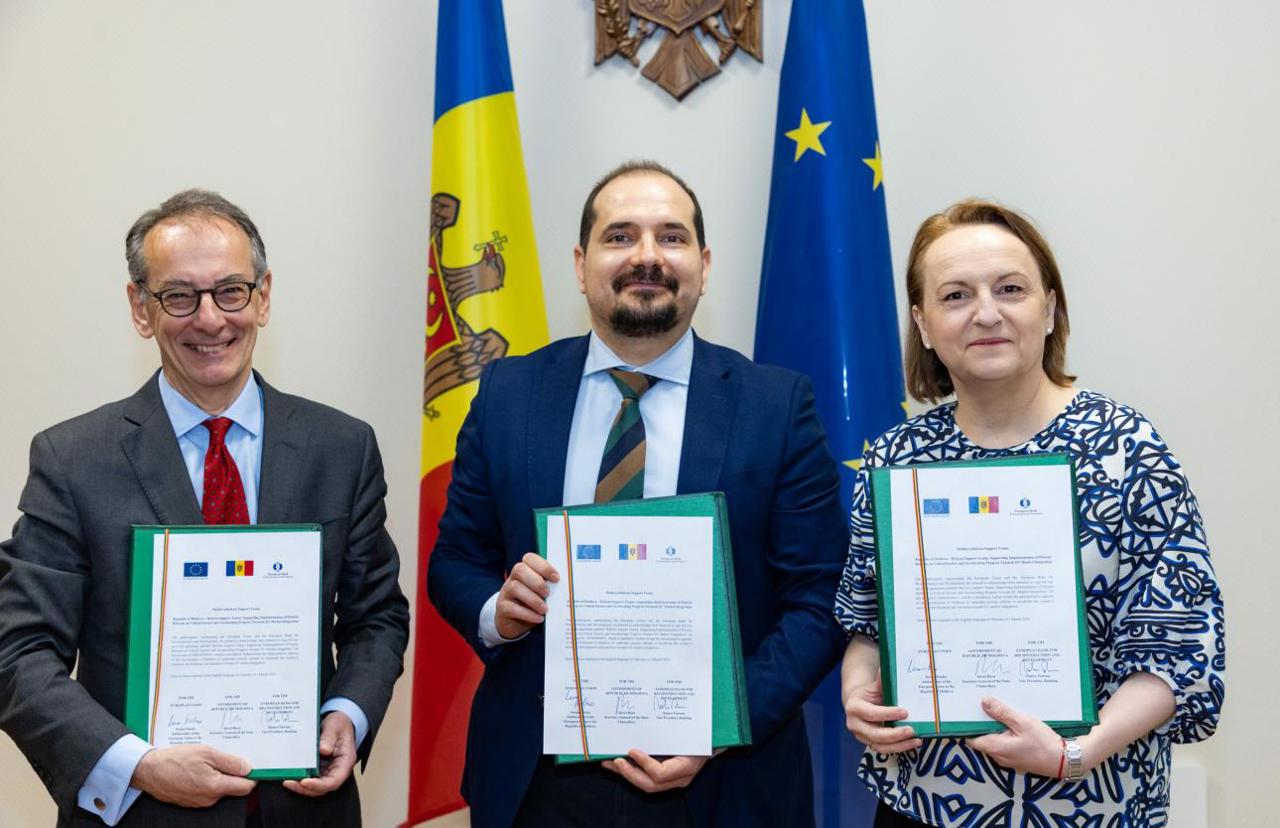1+1 Negotiation Format Urged Over Ineffective 5+2 for Transnistria
The negotiation format for settling the Transnistrian conflict, 1+1, would be more efficient than the previous 5+2 format, claims Deputy Prime Minister for Reintegration, Oleg Serebrian.

The official pointed out that internationalising the dispute cannot lead to its resolution, and any agreed status of the region must be guaranteed by the Constitution of the Republic of Moldova, not by an international treaty.
“At the end of the 90s, we pursued the idea that internationalising the conflict could lead to a resolution, and we saw that it led nowhere. Essentially, we must focus on solutions at home, develop domestic projects, and consult with our external partners. Of course, first and foremost with Ukraine and Romania, who are directly concerned,” explained the Deputy Prime Minister.
In the opinion of the Head of Reintegration, a well-structured 1+1 negotiation format, with external observers and mediators, would be much more efficient than the previous one.
“The most dangerous aspect of the 5+2 format and its entire framework is not the participants, as many people believe. It is the underlying ideas related to guarantees. A guaranteed status for a region within a country already means the damage and erosion of that country's sovereignty. I believe that the guarantee for the future status of the Transnistrian region, whatever it may be, must be a negotiated, approved, and agreed status, but it must be guaranteed by a single document. This document is the Constitution of the Republic of Moldova, not an international treaty,” stated Oleg Serebrian, on the show “The Cabinet from the Shadows” on Jurnal TV.
At the recent meeting with the acting President of the Organization for Security and Cooperation in Europe, Oleg Serebrian stated that the 5+2 negotiation format is non-functional and outdated by current realities.
Previously, the President of the country, Maia Sandu, also mentioned this, emphasising that “The 5+2 format cannot function in a situation where two members are at war. Currently, the authorities on both banks of the Dniester are discussing in a smaller 1+1 group, which is a derivative of the previous format.”
For the past 30 years, the Transnistrian conflict has been managed by the Russian Federation to increase its influence in the region and exert pressure on the authorities in Chisinau. The Transnistrian dispute plays an important role in the internal and external policy agenda of the Republic of Moldova. Although the negotiation process on this conflict has seen some progress over time, no notable results have been achieved towards its resolution.
In the past three decades, the authorities in Tiraspol have shown little interest in resolving the conflict and have rather avoided finding a solution advantageous for all parties involved. They benefit from the economic, political, and military support of the Kremlin.
A complex conflict resolution mechanism was launched in 2005 and involved a platform for diplomatic negotiations regarding the status of the Transnistrian region. The platform was named the “5+2” Format, including representatives of Chisinau and Tiraspol as parties in negotiations, Russia, Ukraine, and OSCE as mediators, while the European Union and the United States obtained the status of observers.
Negotiations in the “5+2” format have not succeeded in advancing the process of resolving the conflict on the left bank of the Dniester regarding the third basket, which concerns political and security issues. The last meeting in the “5+2” format took place in 2019.
Translation by Iurie Tataru






